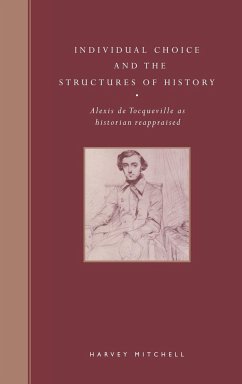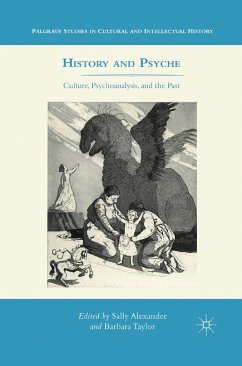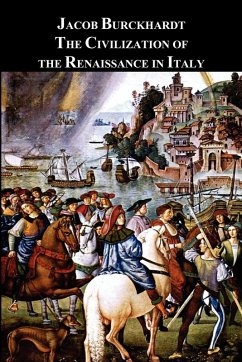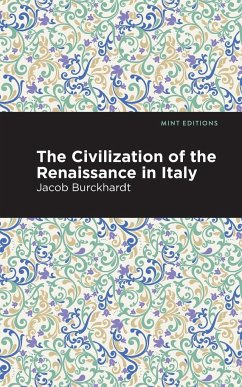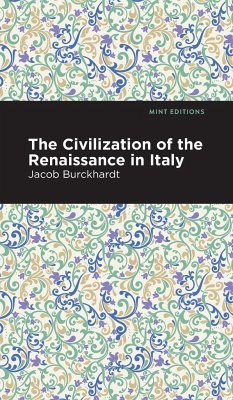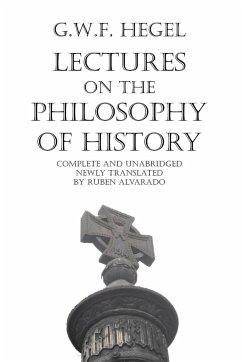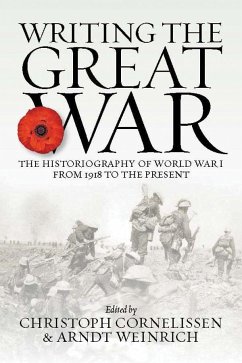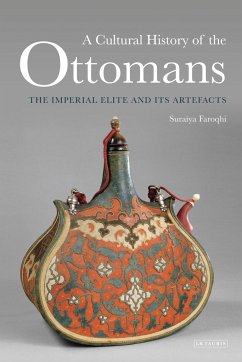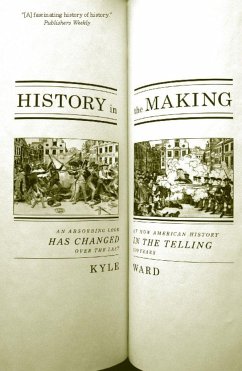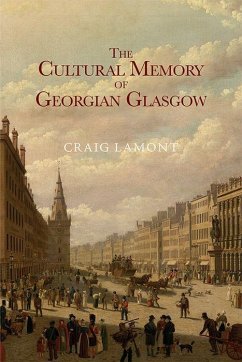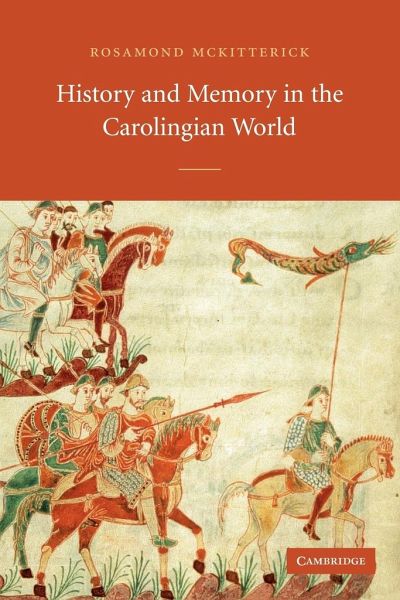
History and Memory in the Carolingian World
Versandkostenfrei!
Versandfertig in 1-2 Wochen
36,99 €
inkl. MwSt.
Weitere Ausgaben:

PAYBACK Punkte
18 °P sammeln!
Short description/annotationLooks at the writing and reading of history during the early middle ages.Main descriptionThe writing and reading of history in the early Middle Ages form the key themes of this book. The primary focus is on the remarkable manifestations of historical writing in relation to historical memory in the Frankish kingdoms of the eighth and ninth centuries. It considers the audiences for history in the Frankish kingdoms, the recording of memory in new genres including narrative histories, cartularies and Libri memoriales, and thus particular perceptions of the Frankish and ...
Short description/annotation
Looks at the writing and reading of history during the early middle ages.
Main description
The writing and reading of history in the early Middle Ages form the key themes of this book. The primary focus is on the remarkable manifestations of historical writing in relation to historical memory in the Frankish kingdoms of the eighth and ninth centuries. It considers the audiences for history in the Frankish kingdoms, the recording of memory in new genres including narrative histories, cartularies and Libri memoriales, and thus particular perceptions of the Frankish and Christian past. It analyses both original manuscript material and key historical texts from the Carolingian period, a remarkably creative period in the history of European culture. Presentations of the past developed in this period were crucial in forming an historical understanding of the Greco-Roman and Judaeo-Christian past and, in subsequent centuries, of early medieval Europe. They also played an extraordinarily influential role in the formation of political ideologies and senses of identity within Europe.
Table of contents:
1. Introduction: history and memory in the Carolingian world; 2. Carolingian history books; 3. Paul the Deacon's Historia langobardorum and the Franks; 4. The Carolingians on their past; 5. Politics and history; 6. Kingship and the writing of history; 7. Social memory, commemoration and the book; 8. History and memory in early medieval Bavaria; 9. The reading of history at Lorsch and St Amand; 10. Texts, authority and the history of the church; 11. Christianity as history; 12. Conclusion: history and its audiences in the Carolingian world.
Looks at the writing and reading of history during the early middle ages.
Main description
The writing and reading of history in the early Middle Ages form the key themes of this book. The primary focus is on the remarkable manifestations of historical writing in relation to historical memory in the Frankish kingdoms of the eighth and ninth centuries. It considers the audiences for history in the Frankish kingdoms, the recording of memory in new genres including narrative histories, cartularies and Libri memoriales, and thus particular perceptions of the Frankish and Christian past. It analyses both original manuscript material and key historical texts from the Carolingian period, a remarkably creative period in the history of European culture. Presentations of the past developed in this period were crucial in forming an historical understanding of the Greco-Roman and Judaeo-Christian past and, in subsequent centuries, of early medieval Europe. They also played an extraordinarily influential role in the formation of political ideologies and senses of identity within Europe.
Table of contents:
1. Introduction: history and memory in the Carolingian world; 2. Carolingian history books; 3. Paul the Deacon's Historia langobardorum and the Franks; 4. The Carolingians on their past; 5. Politics and history; 6. Kingship and the writing of history; 7. Social memory, commemoration and the book; 8. History and memory in early medieval Bavaria; 9. The reading of history at Lorsch and St Amand; 10. Texts, authority and the history of the church; 11. Christianity as history; 12. Conclusion: history and its audiences in the Carolingian world.




